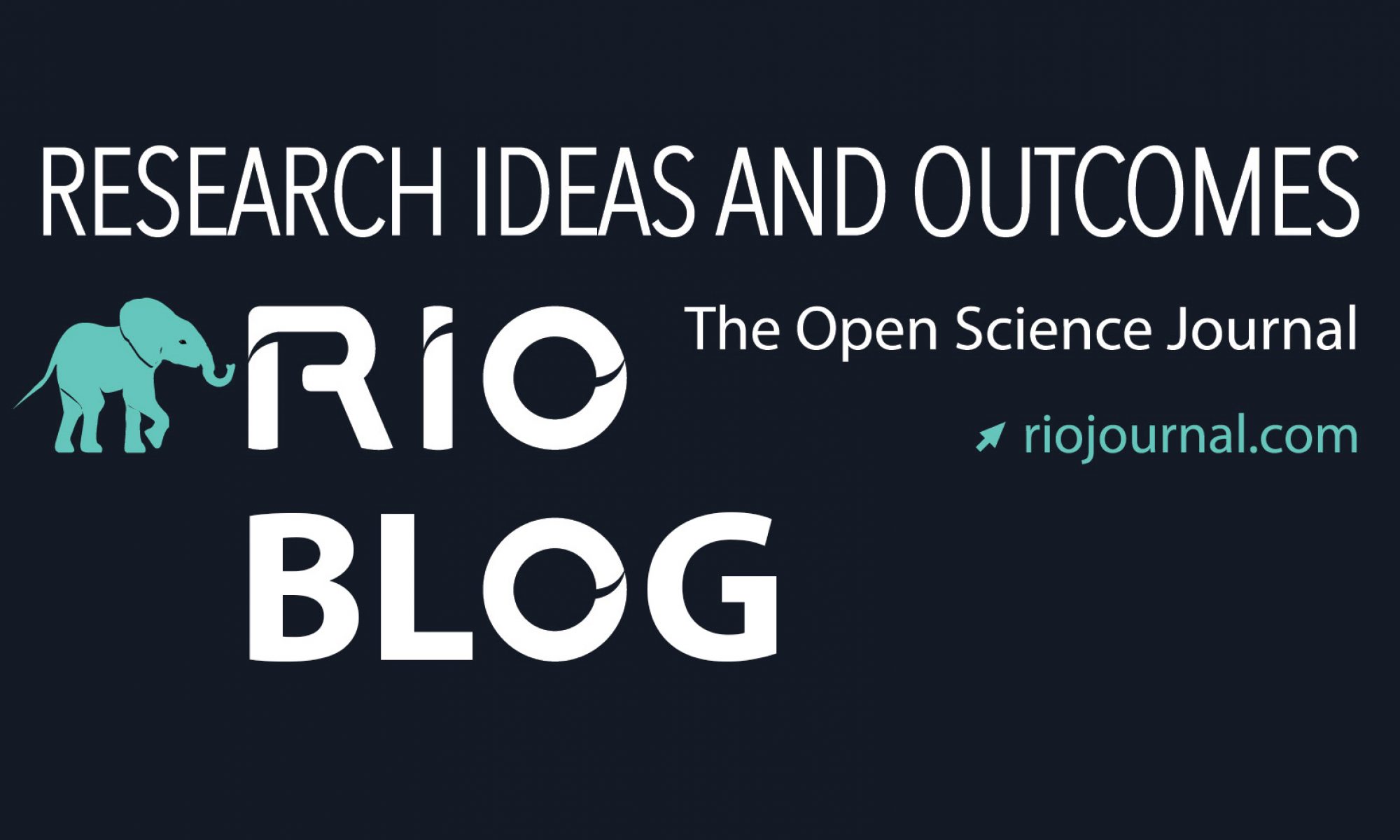While development and implementation of data publishing and sharing practices and tools have long been among the core activities of the academic publisher Pensoft, it is well-understood that as part of scholarly publishing, open data practices are also currently in transition, and hence, require a lot of collaborative and consistent efforts to establish.
Based on Pensoft’s experience, and elaborated and updated during the Framework Program 7 EU BON project, a new paper published in the EU BON dedicated collection in the open science journal Research Ideas and Outcomes (RIO), outlines policies and guidelines for scholarly publishing of biodiversity and biodiversity-related data. Newly accumulated knowledge from large-scale international efforts, such as FORCE11 (Future of Research Communication and e-Scholarship), CODATA (The Committee on Data for Science and Technology), RDA (Research Data Alliance) and others, is also included in the Guidelines.
The present paper discusses some general concepts, including a definition of datasets, incentives to publish data and licences for data publishing. Furthermore, it defines and compares several routes for data publishing, namely: providing supplementary files to research articles; uploading them on specialised open data repositories, where they are linked to the research article; publishing standalone data papers; or making use of integrated narrative and data publishing through online import/download of data into/from manuscripts, such as the workflow provided by the Biodiversity Data Journal. Among the guidelines, there are also comprehensive instructions on preparation and peer review of data intended for publication.
Although currently available for journals using the developed by Pensoft journal publishing platform ARPHA, these strategies and guidelines could be of use for anyone interested in biodiversity data publishing.
Apart from paving the way for a whole new approach in data publishing, the present paper is also a fine example of science done in the open, having been published along with its two pre-submission public peer reviews. The reviews by Drs. Robert Mesibov and Florian Wetzel are both citable via their own Digital Object Identifiers (DOIs).
###
Original source:
Penev L, Mietchen D, Chavan V, Hagedorn G, Smith V, Shotton D, Ó Tuama É, Senderov V, Georgiev T, Stoev P, Groom Q, Remsen D, Edmunds S (2017) Strategies and guidelines for scholarly publishing of biodiversity data. Research Ideas and Outcomes 3: e12431. https:/


